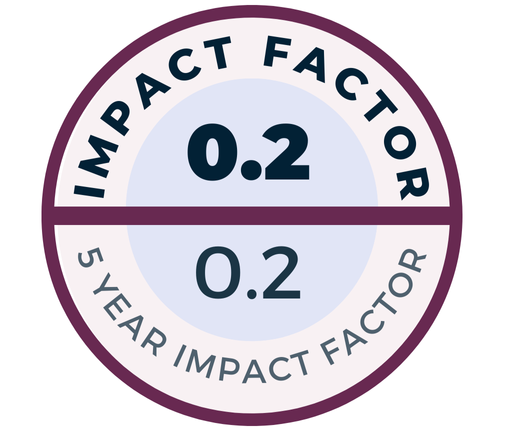Objective: To investigate the effect of cochlear implantation on articulation by using voice- onset time (VOT).
Methods: At the first phase of this study, a total of 25 children without hearing loss were examined. VOT values of Turkish plosive consonants of /p/, /b/, /t/, /d/, /k/, /g/ specific to this age group were estimated, and their standardization was achieved. To this end, Kay Elemetrics CSL 4400 software (Key Elemetrics Ltd, Lincoln Park, NJ, USA) was used. Referencing these VOT values, 40 children ages ranging between 4 and 11 years who underwent cochlear implantation in our clinic were divided into six groups based on the duration of cochlear implantation, and VOT values were determined in these groups. These groups were compared within themselves, and with healthy children.
Results: VOT values of consonants increased as the duration of cochlear implantation increased and approached to those of the children with normal hearing, and at the end of four years of cochlear implant use, they caught up with those of the normal hearing group.
Conclusion: Our results have shown that early stage implantation, and use of implant for an adequate time period have a favorable impact on articulation in other words on comprehensibility of speech. We thought that VOT can be use in the evaluation of the effect of cochlear implant on the development of speech.

.jpeg)
